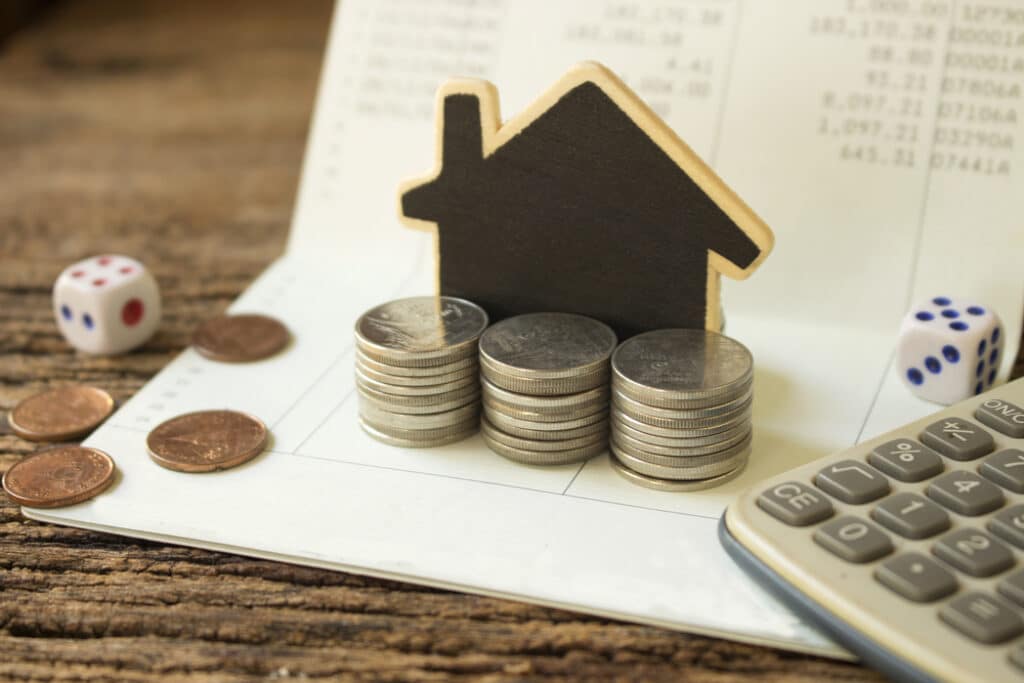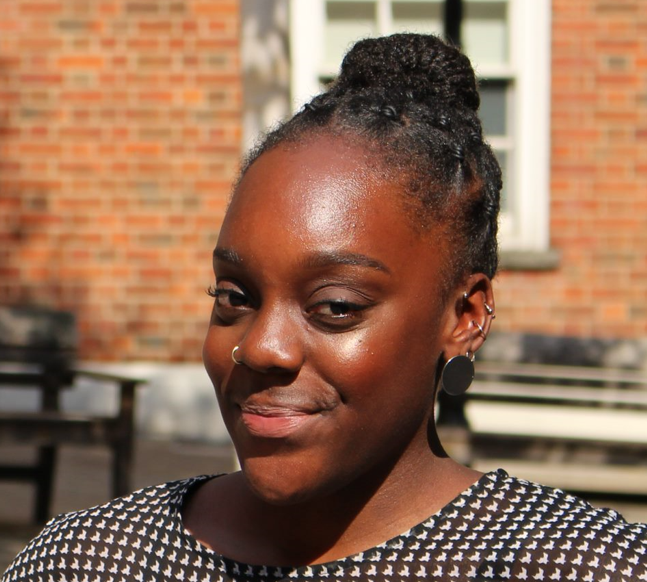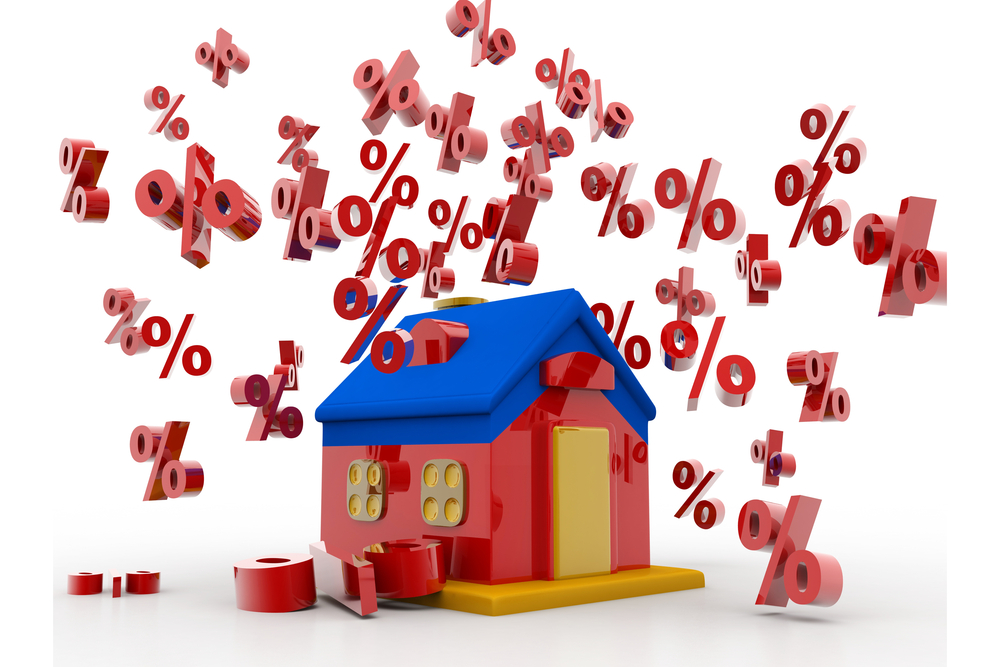House prices in the UK rose by an average of 0.5% month-to-month in January, reaching £281,913, Government data showed.
Annually, this was a 0.6% fall on last year, figures from the Office for National Statistics (ONS) revealed. This annual decline was softer than the 2.2% drop recorded in December.
The strongest monthly growth was recorded in London, where house prices rose by 2.5% on average to £517,726. In contrast, the English capital also recorded the sharpest annual fall of 3.9%.
Scotland recorded the second-largest month-on-month jump of 1.3%, with average prices reaching £190,328. Annually, this was 4.8% higher than the average value in January last year.
House prices in Northern Ireland came to £177,611 in January, representing a 0.9% monthly decline and a 1.4% annual increase. In Wales, average house prices were £213,063, which was a 0.1% fall month-on-month, but 0.8% down on the same month a year before.
In England, house prices increased by 0.4% to £298,575 from December to January, and fell by 1.5% versus last year.
Richard Harrison, head of mortgages at Atom Bank, said house price falls were starting to ease, but added: “Ongoing economic pressures and affordability constraints at the start of the year meant that buyer confidence did not fully return to the housing market.
“Looking ahead, while the jury is still out on whether we will see further house prices fall in Q2, the news last week that the UK economy returned to growth in January should in part help boost buyer confidence. News this morning that inflation is falling faster than expected will also be well-received, increasing expectations of base rate cuts and lower mortgage rates.”
UK house prices propped up by new-build demand
The average price of a new-build home rose by a notable 8.8% month-on-month to £397,171. Annually, this was up by 16.6%.
Daniel Normal, CEO of property appraisal software firm APRAO, said: “The latest house price figures show that the new-build sector is firmly driving the property market’s recent reversal in fortunes, with new-build house prices increasing at a far greater rate versus existing market stock.
“This appetite for new homes should help bring confidence to UK developers that now is as good a time as any to break ground and deliver much-needed supply to the market, with homebuyers willing to pay the premiums associated with new-build properties despite the cost of borrowing remaining substantially higher than previous years.”
The average price of an existing resold property dropped by 0.5% over December to January to £279,837. This was also a 2.4% yearly fall.
A measured recovery
On average, first-time buyers in January paid 0.1% less for their home than they did in December, at an average of £235,020. Compared to the year before, this was a 1% decline in the average value.
Former owner-occupiers paid £328,859 on average, which was 1.1% higher than in December and 0.4% down on a year ago.
The average value of houses bought with a mortgage and with cash rose by 0.5% month-on-month apiece to £293,428 and £267,415 respectively.
Ruth Beeton, co-founder of Home Sale Pack, said house prices had shown “consistent signs of recovery” in recent months, but the rate of growth was “somewhat measured”.
“However, with the changing of the seasons all but here, we fully expect these green shoots to blossom over the coming months as market activity continues to build,” she noted.
Charlotte Nixon, mortgage expert at Quilter, said that although the housing market had been quiet, and that added downward pressure to house prices, “it hasn’t so far translated into the crash that some were predicting when mortgage rates soared from their low levels”.
Amy Reynolds, head of sales at Richmond estate agency Antony Roberts, said: “Stock levels remain relatively low, which will keep prices stable, but buyers seeking a bargain need to think again.
“If inflation continues its downwards trend, the Bank of England could cut interest rates as early as June, which will stimulate the market. Savvy buyers are taking action now, rather than waiting for a price crash that isn’t going to happen.”





